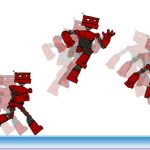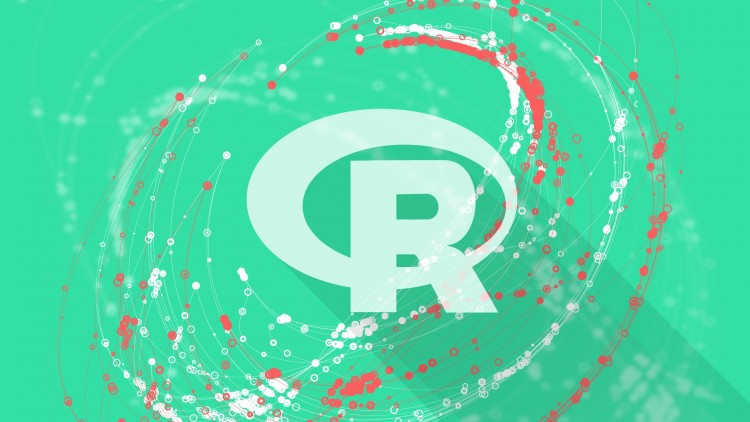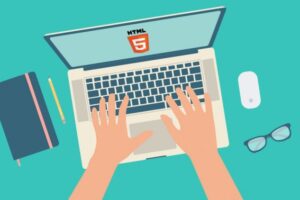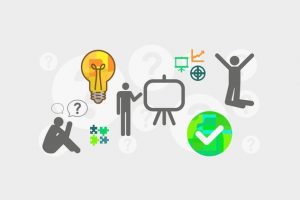Introduction to R – Free Udemy Courses
Learn the core fundamentals of the R language for interactive use as well as programming
What you’ll learn
Introduction to R – Free Udemy Courses
- 90 videos (15+ hours)
- To educate you on the fundamentals of R
- 140+ exercise problems
- To accelerate your learning of R through practice
Requirements
-
Windows/Mac/Linux
-
Basic proficiency in math – vectors, matrices, algebra
-
Basic proficiency in statistics – probability distributions, linear modeling, etc
-
A high-speed internet connection
Description
UPDATE: As of Nov 22, 2018, this course is now free! Many thanks to all my existing students who made it possible for the wider audience to benefit from the course material 🙂
With “Introduction to R“, you will gain a solid grounding of the fundamentals of the R language!
This course has about 90 videos and 140+ exercise questions, over 10 chapters. To begin with, you will learn to Download and Install R (and R studio) on your computer. Then I show you some basic things in your first R session.
From there, you will review topics in increasing order of difficulty, starting with Data/Object Types and Operations, Importing into R, and Loops and Conditions.
Next, you will be introduced to the use of R in Analytics, where you will learn a little about each object type in R and use that in Data Mining/Analytical Operations.
After that, you will learn the use of R in Statistics, where you will see about using R to evaluate Descriptive Statistics, Probability Distributions, Hypothesis Testing, Linear Modeling, Generalized Linear Models, Non-Linear Regression, and Trees.
Following that, the next topic will be Graphics, where you will learn to create 2-dimensional Univariate and Multi-variate plots. You will also learn about formatting various parts of a plot, covering a range of topics like Plot Layout, Region, Points, Lines, Axes, Text, Color, and so on.
At that point, the course finishes off with two topics: Exporting out of R, and Creating Functions.
Each chapter is designed to teach you several concepts, and these have been grouped into sub-sections. A sub-section usually has the following:
- A Concept Video
- An Exercise Sheet
- An Exercise Video (with answers)
Why take a course to learn R?
When I look to advancing my R knowledge today, I still face the same sort of situation as when I originally started to use R. Back when I was learning R, my approach was learning by doing. There was a lot of free material out there (and I refer to that early in the course) that gave me a framework, but the wording was highly technical. Even with the R help and the free material, it took me up to a couple of months of experimentation to gain a certain level of proficiency. What I would have liked at that time was a way to learn the fundamentals more quicker. I have designed this course with exactly that in mind.
Why my course?
For those of you that are new to R, this course will cover enough breadth/depth in R to give you a solid grounding. I use simple language to explain the concepts. Also, I give you 140+ exercise questions many of which are based on real-world data for practice to get you up and running quickly, all in a single package. This course is designed to get you functional with R in a little over a week.
For those beginners with some experience that have learned R through experimentation, this course is designed to complement what you know, and round out your understanding of the same.
Who this course is for:
- Enterprise Data Analysts
- Students
- Anyone interested in Data Mining, Statistics, Data Visualization









